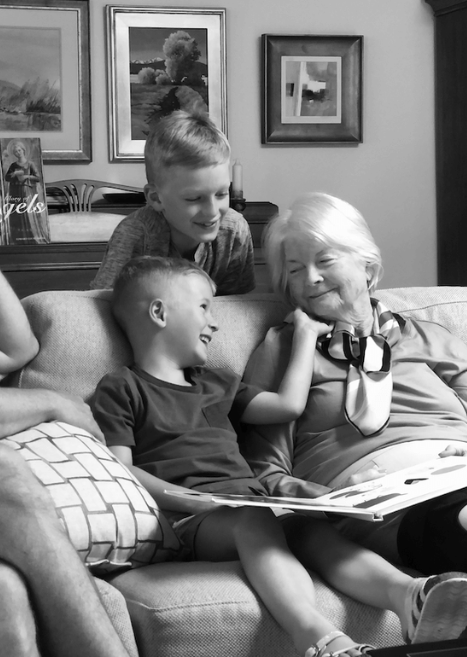Life can change rapidly. It seemed like overnight I was alone in a new apartment in a new city. I was newly single in my 80’s and even though my family kept in close contact, the days and nights seemed long and lonely. Adopting a four-legged companion seemed like the next right choice.
Studies show that bonding with a pet lowers blood pressure and cholesterol, which helps senior owners stay healthier. And like them or not, cats really do make a better companion for the elderly. They are low maintenance and typically have fewer medication issues than dogs. They are predictable and very happy indoors.
Although dogs can also make great pets for some seniors and provide the same benefits as cat ownership, dogs can require more care not to mention the training and daily exercise. Many older owners simply can’t keep up with a dog’s needs, which makes adopting a cat a much better choice.
They don't need to be walked, and their litter can be easily cleaned. Most adult cats require only 20 to 30 minutes of playtime per day, and interactive play does not require the owner to be mobile. A kitty fishing pole or laser toy lets senior cat owners engage their cat in play while sitting in their favorite chair. This makes them a good choice for elderly people who may have limited mobility or difficulty with tasks such as dog walking.
Older people who may be living alone run the risk of dealing with incredible loneliness. Cats can provide a sense of companionship and comfort and can offer a sense of emotional support. Studies have shown that having a pet can have a positive effect on physical and mental health. For elderly people, this can include benefits such as lower blood pressure, improved mood and less feelings of loneliness.
Cats can also adapt to adapt to the needs of the elderly person, and can be happy in small apartments or homes. Cats are also very content to spend most of their time sleeping on their owner’s lap or bed.
Many older people may be on a fixed income and cats are relatively low-cost pets to keep and maintain, which can be an advantage.
Cats are easy to groom and take care of, which is a plus for older people who may have limited mobility or dexterity.
It is important to note that not all cats are the same and it's important to choose the right cat for you, and also to consult with a veterinarian to make sure that the cat is healthy and that the elderly person is able to care for it properly.
If you know of a senior who is having difficulty affording veterinary care or food for a pet, be sure to contact your local animal shelter, food bank or veterinary clinic. Most professionals in the animal field understand how important pets are to seniors, so they may offer low-cost services and supplies just for seniors.




